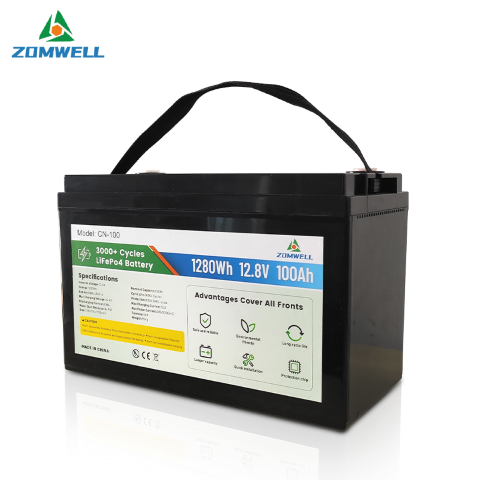Lithium Iron Phosphate (LiFePO4) Batteries for RVs
Lithium iron phosphate (LiFePO4) batteries offer several advantages over traditional lead-acid batteries for RVs, including longer lifespan, lighter weight, faster charging, and higher usable capacity. However, there are also some important things to be aware of before making the switch.
Here are some key points to consider when using LiFePO4 batteries in your RV:
Charging:
LiFePO4 batteries require a specific type of charger. Do not use a lead-acid battery charger on a LiFePO4 battery, as this can damage the battery. Ensure your RV has a compatible charger or invest in a separate LiFePO4 battery charger.
LiFePO4 batteries can be charged at higher rates than lead-acid batteries. This means you can get more power into your battery in a shorter amount of time. However, be mindful of the recommended charging rate for your specific battery model.
LiFePO4 batteries do not require equalizing charges, which can shorten the lifespan of lead-acid batteries.
Discharging:
LiFePO4 batteries can be safely discharged to a much lower depth than lead-acid batteries. This means you can use more of the available energy stored in the battery before needing to recharge.
LiFePO4 batteries have a much lower self-discharge rate compared to lead-acid batteries. This means they will lose less energy when not in use, making them ideal for long-term storage.
Safety:
LiFePO4 batteries are generally considered to be safer than lead-acid batteries. They are less prone to thermal runaway, which can occur in lead-acid batteries under certain conditions.
However, it is still important to handle LiFePO4 batteries with care. Avoid physical damage and do not expose them to extreme temperatures.
Cost:
LiFePO4 batteries are typically more expensive than lead-acid batteries. However, their longer lifespan and higher usable capacity can make them a cost-effective option in the long run.
Other considerations:
Weight: LiFePO4 batteries are significantly lighter than lead-acid batteries of the same capacity. This can be a major advantage for RVers who are looking to reduce weight and improve fuel efficiency.
Maintenance: LiFePO4 batteries require minimal maintenance compared to lead-acid batteries. You will not need to add water or check electrolyte levels.
Compatibility: Some RVs may require modifications to the electrical system to accommodate LiFePO4 batteries. It is important to consult with a qualified RV technician before making the switch.
By understanding the differences between LiFePO4 and lead-acid batteries, you can make an informed decision about whether or not they are right for your RV.


